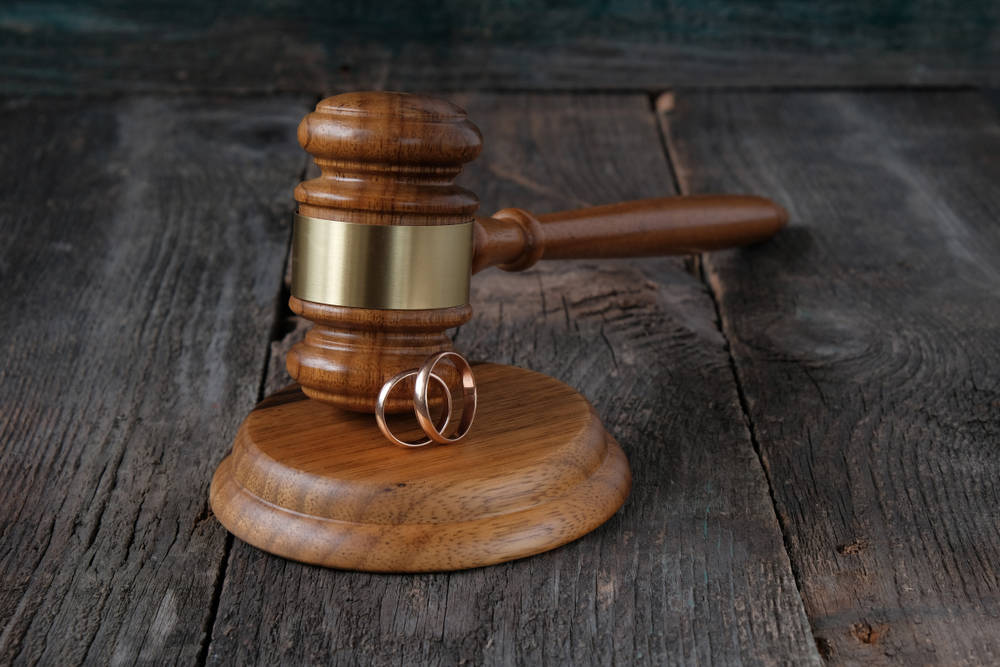By Becky Bohrer
Associated Press
By BECKY BOHRER
Associated Press
The Alaska Supreme Court on Thursday sided with Gov. Mike Dunleavy in ruling that the state constitution requires legislators to decide on gubernatorial appointments in a joint session.
The court also struck down a provision of law dealing with appointments as unconstitutional, saying that appointments requiring confirmation remain in effect until the Legislature acts on them in joint session.
The court, in a brief order, reversed a ruling by Superior Court Judge Philip Pallenberg from February that found that Dunleavy, a Republican, was prohibited by law from making recess appointments of the same people lawmakers had failed to confirm.
[Court hears agruments in dispute over appointments]
A full opinion by the Supreme Court was expected to be issued later.
The Legislative Council, composed of House and Senate leaders, sued the governor in December, arguing that appointments Dunleavy presented in early 2020 lapsed in December when lawmakers failed to act on them. The council, through its attorneys, said Dunleavy was free to reappoint a person who was declined when the new legislative session began. The current session started on Jan. 19.
Attorneys for the state argued some provisions of law dealing with appointments were unconstitutional. They also appealed Pallenberg’s decision to the Supreme Court, which heard arguments in the case Tuesday.
Messages seeking comment were sent to the Department of Law, which represented Dunleavy, and to a legislative attorney and the Senate majority press office. At the time the lawsuit was filed, the council was chaired by a senator.
The Supreme Court concluded that the state constitution requires that the Legislature may decide whether to confirm or decline to confirm a governor’s appointments “only ‘by a majority of the members of the legislature in joint session.’”
The Supreme Court found unconstitutional a longstanding provision of law that states that a failure of the Legislature “to act to confirm or decline to confirm an appointment during the regular session in which the appointment was presented is tantamount to a declination of confirmation on the day the regular session adjourns.”
Lawmakers often wait until near the end of the regular session to meet jointly and vote on appointments. But lawmakers last year rushed to finish their most pressing work amid concerns about the pandemic and passed a law allowing them to adjourn and take up confirmations later.
That law said if lawmakers didn’t act on the appointments either a month after an initial pandemic disaster declaration expired or by Jan. 18 — whichever was first — that amounted to them declining to confirm those people. The declaration ended on Nov. 15.
But Dunleavy, in a letter dated Dec. 16, said he viewed as valid appointees the Legislature had not acted to confirm. He said he would re-submit names of people who had not been confirmed and submit any new picks during the session now underway.
Pallenberg, in a written judgment, had found the appointments Dunleavy presented to the Legislature during the 2020 session were not valid from Dec. 16 “until the time at which those appointments were, if ever, presented” by Dunleavy to the Legislature for the current session.

